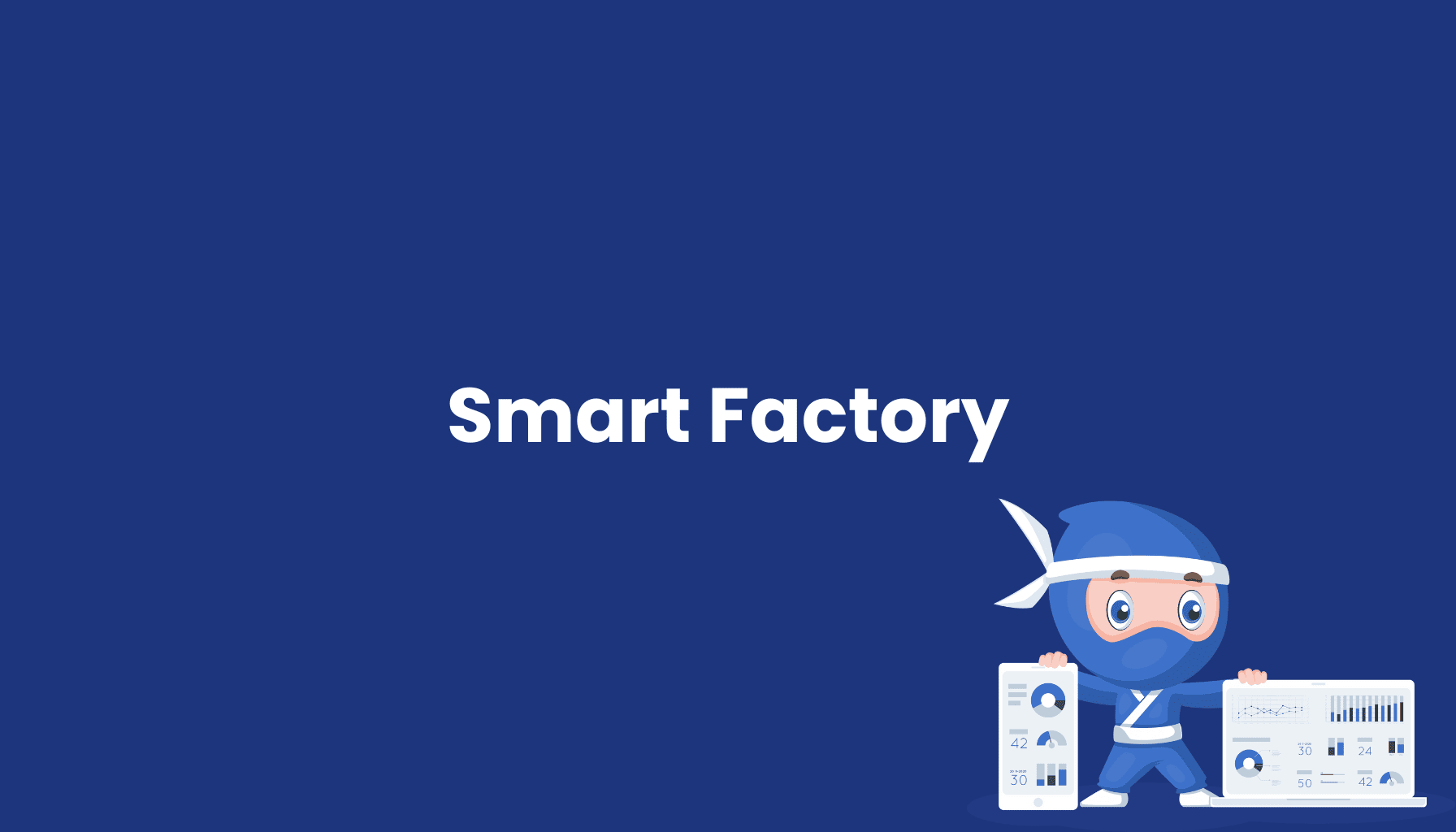Smart Factory

What is a Smart Factory?
A Smart Factory is a modern, digitally connected production environment that utilizes technologies such as the Internet of Things (IoT), Artificial Intelligence (AI), Big Data and Analytics, and Cyber-Physical Systems (CPS) to achieve self-organizing, flexible, and efficient manufacturing. By harnessing these advanced technologies, Smart Factories aim to adapt dynamically to production needs, maximizing efficiency and quality.
Benefits of a Smart Factory
-
Flexibility Smart Factories can adapt to changing market demands and customer-specific requirements, allowing production processes to be adjusted quickly and efficiently.
-
Increased Efficiency IoT and AI enable continuous data collection and analysis from production, resulting in optimized processes, reduced downtime, and lower production costs.
-
Real-Time Communication Machines, systems, and employees are networked in real time, allowing rapid response to disruptions and changes, which maximizes productivity and enhances seamless collaboration.
-
Quality Improvement Big Data and Analytics allow for precise monitoring and analysis of production quality, enabling early error detection and correction, which ensures consistent product quality.
-
Customized Production With CPS and flexible production systems, Smart Factories enable the efficient production of customized products, allowing competitive, tailored manufacturing without significant cost increase.
Key Components of a Smart Factory
- Internet of Things (IoT): Networked machines and sensors collect and exchange real-time data for comprehensive monitoring and control of production.
- Artificial Intelligence (AI): AI algorithms analyze production data, supporting decision-making and enabling continuous process improvements.
- Big Data and Analytics: Large datasets are collected and analyzed to make informed decisions and drive optimization.
- Cyber-Physical Systems (CPS): CPS links physical production processes with digital information systems, allowing for intelligent, automated production control.
- Real-Time Communication: Constant data exchange between all factory components ensures that production remains up-to-date and highly adaptable.
Applications of a Smart Factory
- Automotive Industry: Adaptable manufacturing processes and real-time monitoring improve efficiency and product quality.
- Electronics Manufacturing: Networked production enables precise, customized production for specific demands.
- Consumer Goods Manufacturing: Flexible product adjustments and efficient inventory management become possible.
Conclusion
A Smart Factory is a groundbreaking production environment that delivers flexibility, efficiency, and high quality through cutting-edge technology. Companies that embrace the Smart Factory concept benefit from real-time monitoring, proactive process optimization, and the ability to efficiently fulfill customer-specific requirements. With data analytics and intelligent connectivity at its core, the Smart Factory is becoming a key competitive advantage in modern industry.



